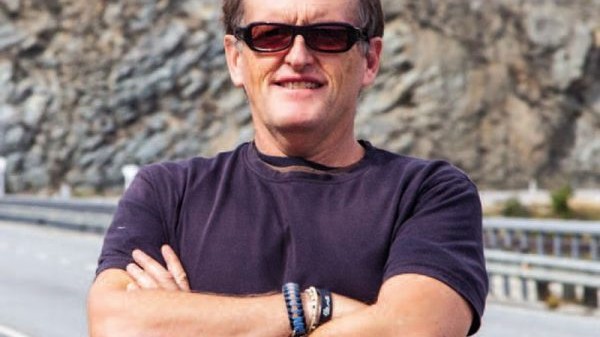
I’m back home in Aotearoa this week after a trip to Oz, and the run into the October election appears to be in full swing. There’s no question law and order will be the nub of all issues over the coming months, and then it’s a case of taking your pick between education, health, and roads. Every one of those big four is entwined in terms of cause, effect, and outcome, and even though the deep-seated reasons for our law-and-order situation are chronic, immediate action is needed to address the acute pain being wrought on law-abiding citizens by the feral generations we’ve all allowed to proliferate.
This week, National’s leader Christopher Luxon and transport spokesperson Simeon Brown announced their party’s pot-hole plan. Half a billion dollars will be directed to remediating the worst damage on what could be argued is the nation’s most critical asset.
Redressing the deterioration of the road network will be a cornerstone to the prosperity of generations ahead. Like many other countries, roads provide the land-based medium allowing the fundamental economic interaction between supply and demand, the result of which is the ultimate determiner of social prosperity.
To contribute to the funding, National has said it will tap into monies currently being spent on the likes of blanket speed reduction, barrier and speed-hump installations, and the enigma that is Road to Zero.
Over the next three years, the same amount will be directed at local body roads and in addition, Waka Kotahi will be required to repair or rehabilitate 2% of its network per annum.
Of course, this week’s Minister of Transport, David Parker, has come out cap guns blazing, taking up that peacetime broadsword most effective at clearly labelling the civil servant – blaming someone from six years ago for the mire you’re in today.
I’m in no doubt you can trace an element of the road network’s decay way back, but that doesn’t exonerate its stewards for the past six years from its continued and increased rate of deterioration. Especially so when you consider what they’ve squandered on the whims of populism, a burgeoning bureaucracy, and welfare spending gone mad.
As I’ve said before, every elite sports team understands the quality of the playing surface is fundamental to performance – and injury prevention. Some special interest groups are claiming safety initiatives will suffer if we use road furniture and marketing money to remediate the road’s surface. That is like saying trading in your prosthetic legs for a brand-new set of real ones will hamper mobility.
The other elephants in the roading room are law and order and education. The latter is an editorial all its own.
Let’s be frank, law and order is not really our jam in New Zealand currently. In his response, Parker ranted about the potential loss of police presence because of National’s redirected resource – this from an administration lowering the speed limits when the perfectly acceptable existing limits were being under-enforced and largely ignored by the public. I’ve written my views on wrangling in speeders many times. We’re preached to constantly about the value of technological solutions and if speeding is the holy grail of road safety, surely it’s one area begging for such a solution. As quick, simple, and effective as it might be, tech to control speed will never happen when it’s a threat to power on the one hand and privilege on the other. There is always a limit to just how desperately they want you home safely, and you want yourself home safely.
I’ll always advocate for the best roads and then enforce our behaviour on them with an iron hammer. We might make some headway if we replace Road to Zero with zero tolerance.
All the best
Dave McCoid
Editorial Director
Read more
Protest if you must
2 Comments5 Minutes
A watched kettle…
0 Comments6 Minutes
Same old same old
0 Comments5 Minutes



